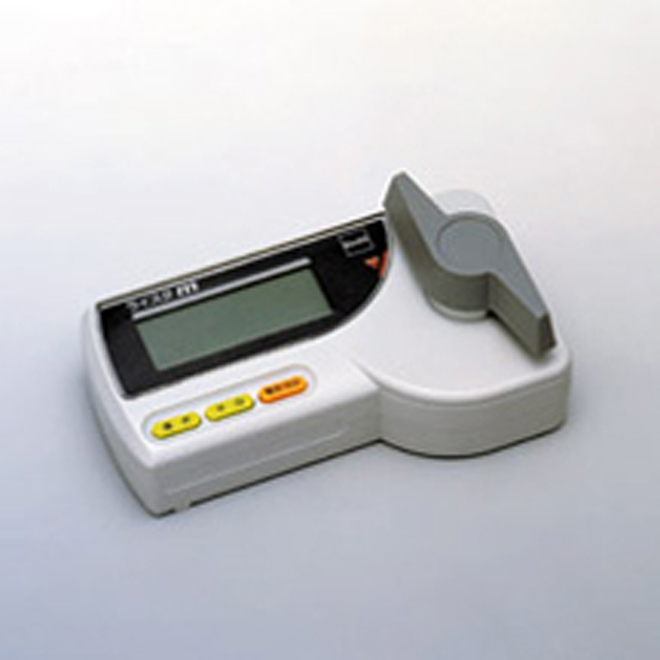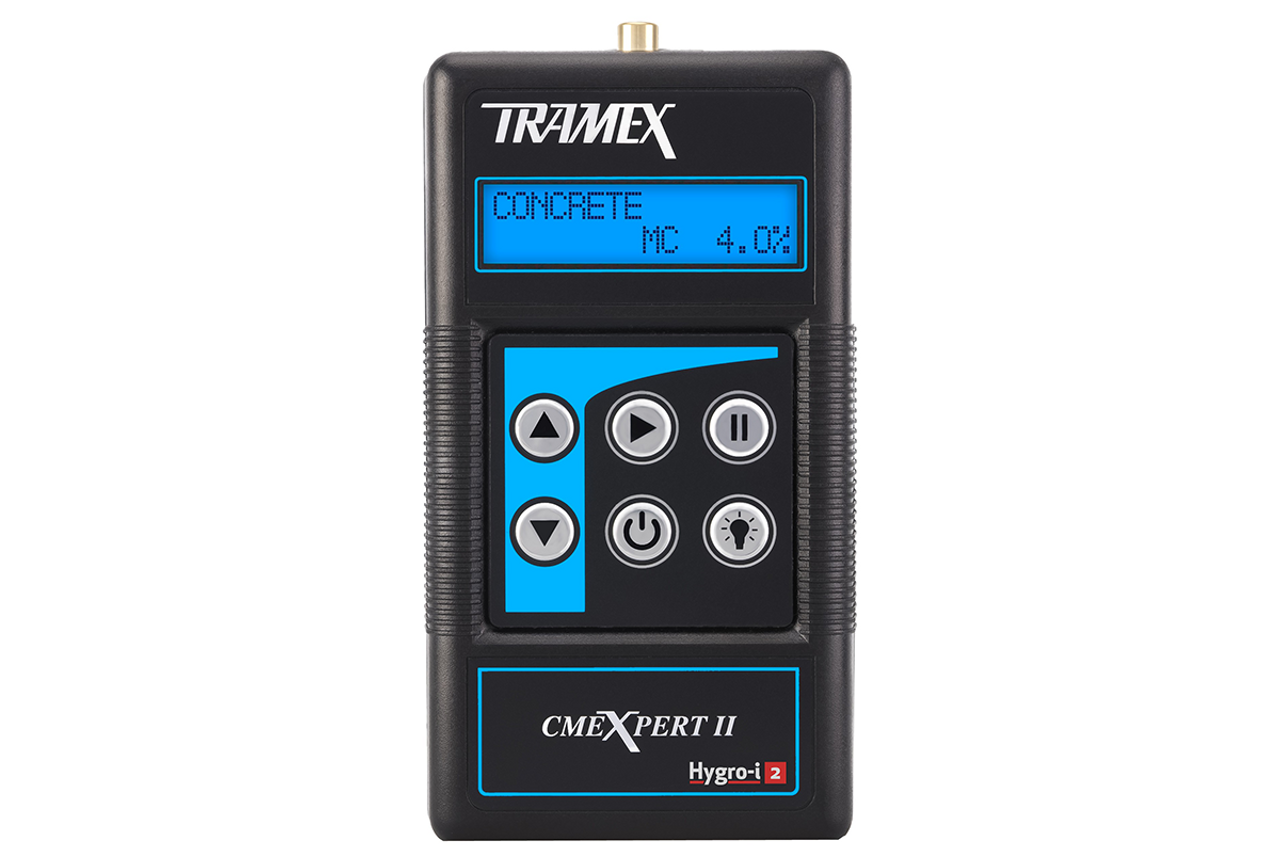Leading 10 Advantages of Using a Moisture Meter for Precise Measurements in your house
Wiki Article
The Ultimate Guide to Moisture Meters: A Comprehensive Overview and Just How They Can Conserve You Money
In the world of structure maintenance, building and construction, and various industries, the relevance of precisely gauging wetness levels can not be overemphasized. Dampness meters act as essential tools in detecting and monitoring moisture web content in products, aiding in preventing pricey problems and guaranteeing the quality of items. Comprehending the nuances of various sorts of wetness meters, their applications, and the potential cost-saving advantages they use can be a game-changer for professionals and organizations alike. Discovering how these devices can not only enhance procedures yet additionally add to monetary cost savings is a trip worth beginning on.Sorts Of Moisture Meters
Numerous sorts of dampness meters are available for various applications in various markets. One common kind is the pin-type moisture meter, which gauges the electrical resistance in between two pins placed right into a material. This kind is suitable for wood, drywall, and various other building products. Pinless wetness meters, on the various other hand, use electro-magnetic sensor plates to check a bigger area without creating damage to the product's surface. These meters are excellent for swiftly assessing wetness degrees in large locations such as floors and walls.Infrared dampness meters gauge the thermal buildings of a product to identify its moisture content non-invasively, making them useful for applications where pin or pinless meters might not be appropriate. Comprehending the different kinds of dampness meters offered can help sectors pick the most proper tool for their specific dampness measurement needs.

Benefits of Using Moisture Meters

Furthermore, making use of wetness meters can bring about increased energy effectiveness. By recognizing locations with high moisture levels, such as leaks or poor insulation, modifications can be made to enhance power conservation and decrease utility expenses. In agricultural setups, wetness meters play a crucial role in optimizing crop yields by allowing farmers to keep an eye on dirt wetness levels and make notified irrigation decisions. In general, the benefits of utilizing wetness meters cover across different markets, supplying cost-efficient remedies and advertising far better top quality control techniques.
Exactly How to Choose the Right Moisture Meter
Picking the ideal wetness meter involves considering vital aspects such as material compatibility, measurement array, and calibration precision. When choosing a moisture meter, it's important to make sure that the meter is appropriate for the specific product you will be testing. Various materials have differing electrical residential properties that find out can impact moisture analyses, so choosing a meter designed for your product is essential for accurate outcomes. Furthermore, consider the dimension variety of the moisture meter. Make sure that the meter can spot moisture degrees within the variety needed for your applications. Calibration accuracy is an additional important factor to remember (Moisture Meter). Choose a wetness meter with reputable calibration to ensure constant and specific readings. Some meters may call for periodic calibration modifications, so understanding the calibration procedure is important. By thoroughly reviewing these elements, you can select a dampness meter that meets your requirements and gives accurate wetness dimensions for your projects.Appropriate Strategies for Moisture Meter Use
To make sure accurate dampness readings and optimize the effectiveness of a moisture meter, using appropriate techniques is crucial. When utilizing a pin-type moisture meter, put the pins or probes into the product being checked until they make complete contact. By complying with these proper strategies, individuals can count on their wetness meter to provide credible dampness levels, aiding in stopping costly damage or making sure quality in different applications.
Cost Savings Through Moisture Meter Applications
How can the tactical use of dampness meters lead to substantial cost savings across various markets? In the agriculture market, dampness meters help in establishing the optimum time for harvesting crops, avoiding over-drying or excess wetness that can affect the final product's high quality.

Moreover, in the food handling sector, dampness meters are crucial for monitoring product quality and ensuring compliance with safety policies. By precisely determining wetness web content in food products, producers can stop wasting, preserve quality, and lower waste, causing substantial cost financial savings. On the whole, the strategic application of dampness meters is a useful investment that can lead to substantial price reductions and improved performance throughout various industries.
Verdict
In conclusion, wetness meters are valuable devices for determining and detecting wetness degrees in various materials. By making use of the right wetness meter and adhering to proper strategies, users can properly prevent expensive problems caused by excess wetness.Dampness meters offer as important devices in identifying and keeping track of moisture material in materials, helping in protecting against costly damages and guaranteeing the high quality of items. Infrared dampness meters measure the thermal residential or commercial properties of a material to identify its wetness material non-invasively, making them beneficial for applications where pin or pinless meters might not be ideal.Dampness meters offer important advantages in precisely browse around this web-site checking and analyzing dampness degrees in diverse materials and environments. In agricultural setups, dampness meters play a crucial duty in maximizing plant returns by allowing farmers to keep an eye on soil moisture degrees and make educated watering decisions.In conclusion, moisture meters are valuable devices for measuring and detecting dampness degrees in different materials.
Report this wiki page